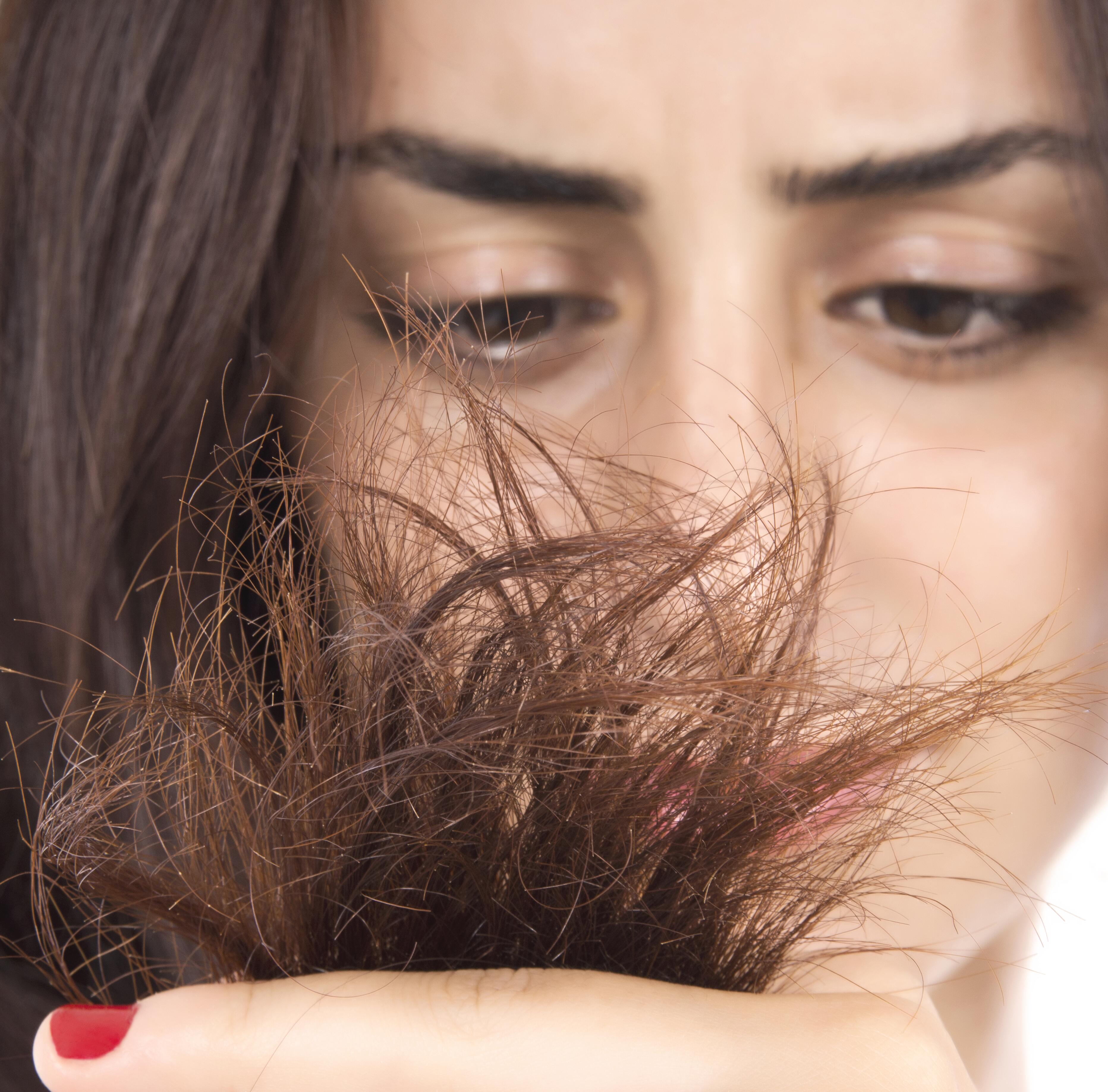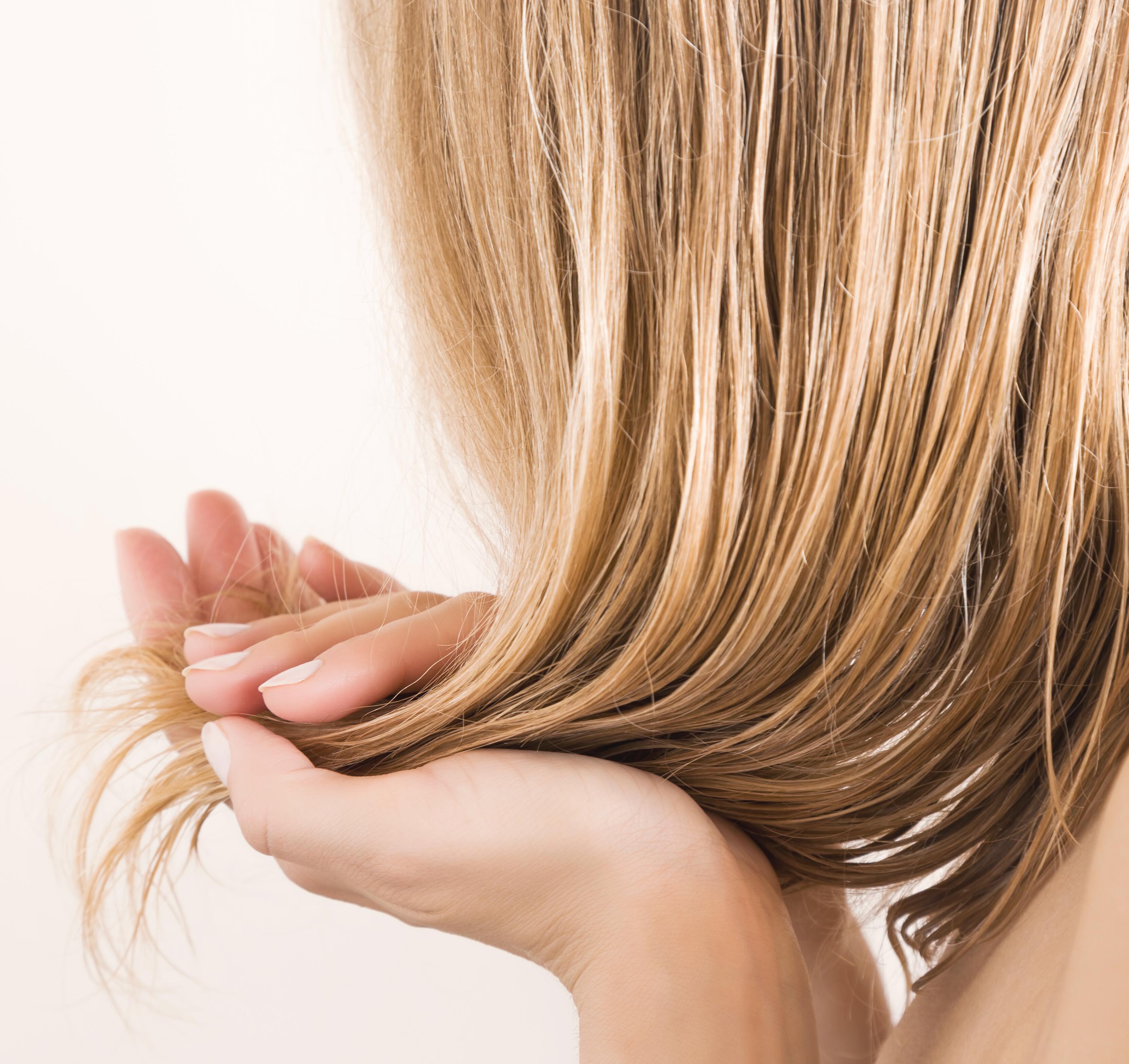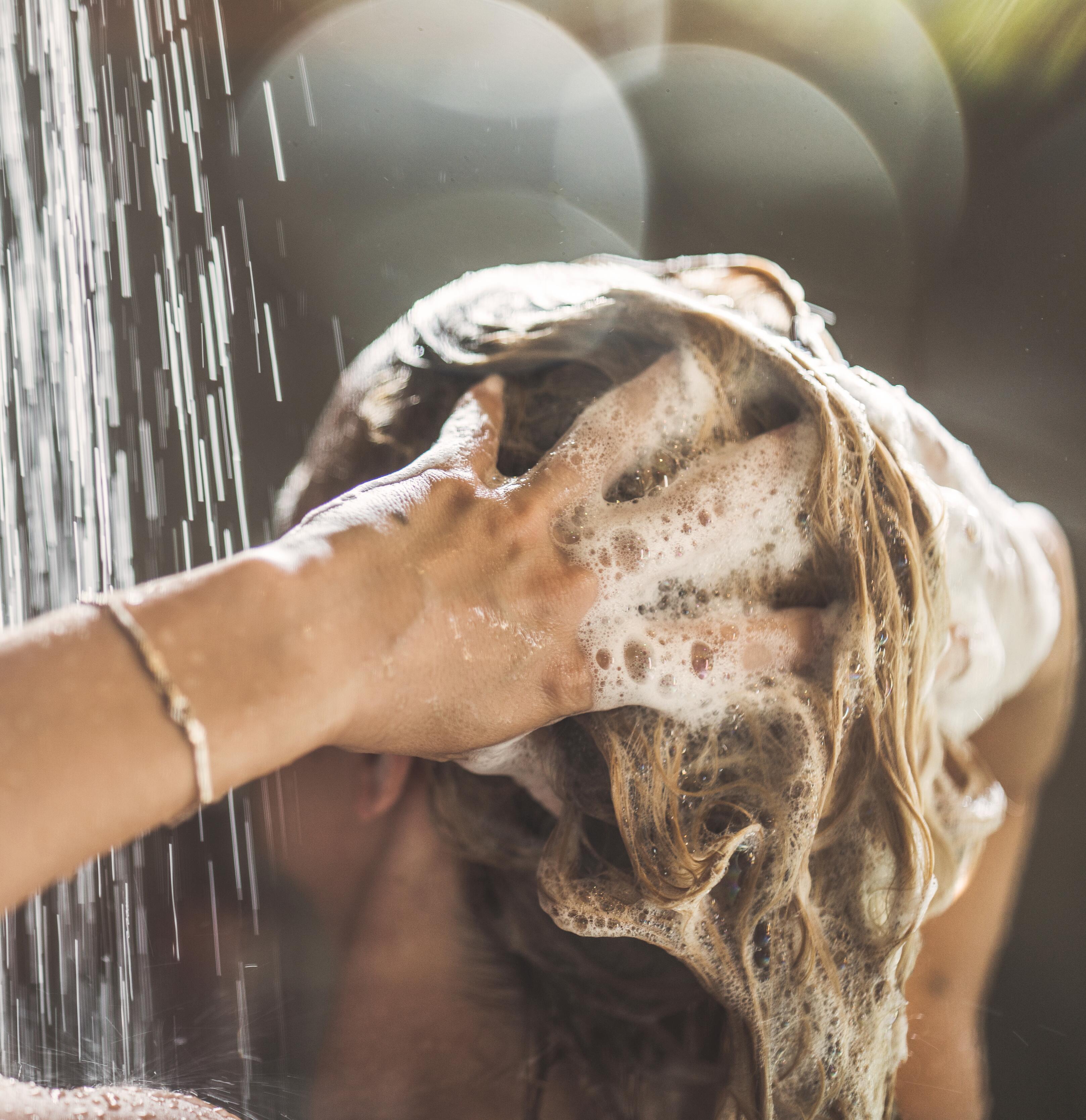First and foremost, it contributes to the constitution of the skin barrier that combats the penetration of foreign substances. It therefore protects the scalp from various external aggressions (UV rays, pollution, etc.).
It also regulates hydration by preventing the escape of essential moisturizing and nourishing elements. It thus enables substances with an affinity for water to be maintained in the stratum corneum cells.
The intercellular cement
The intercellular cement is naturally rich in lipids. Its integrity ensures the cohesion of the cells:
- of the hair: in particular the keratinocytes and the melanin grains.
- of the scalp: the corneocytes, dead cells filled with keratin which constitute the stratum corneum of the epidermis (the most superficial layer).
- within the tissues and the hydration of the superficial layers of the epidermis.
It is therefore present in both the scalp and the hair.
The intercellular cement is composed of several classes of lipids, of which 40-50% are ceramides, which allow the control of transepidermal water loss (TEWL, the natural diffusion of water from the dermis to the surface). Their bilayer structure lowers the permeability to water and solubles. It thus protects the skin barrier and regulates hydration.
But this protection, although double, is still fragile...
If the physiological barrier is altered, transepidermal water loss accelerates, making the scalp dry or very dry.
How to treat a very dry scalp
Very dry scalps and hair need special hair care products that nourish them from the inside out and strengthen their structure over the long term.
The demand for shampoos and hair care products for dry and very dry hair is increasing. The growing use of coloring techniques, perms or straightening is damaging the hair fiber. The hair is therefore often more brittle, dull, coarse...
In the situation of a very dry scalp, it is the health of the hair that is really threatened. The scalp’s protective barrier must be reconstituted to slow down this evaporation process.
The fundamental role of lipids in the cohesion of scalp and hair cells must be called upon. Proper cell cohesion obviously reinforces the barrier effect.




